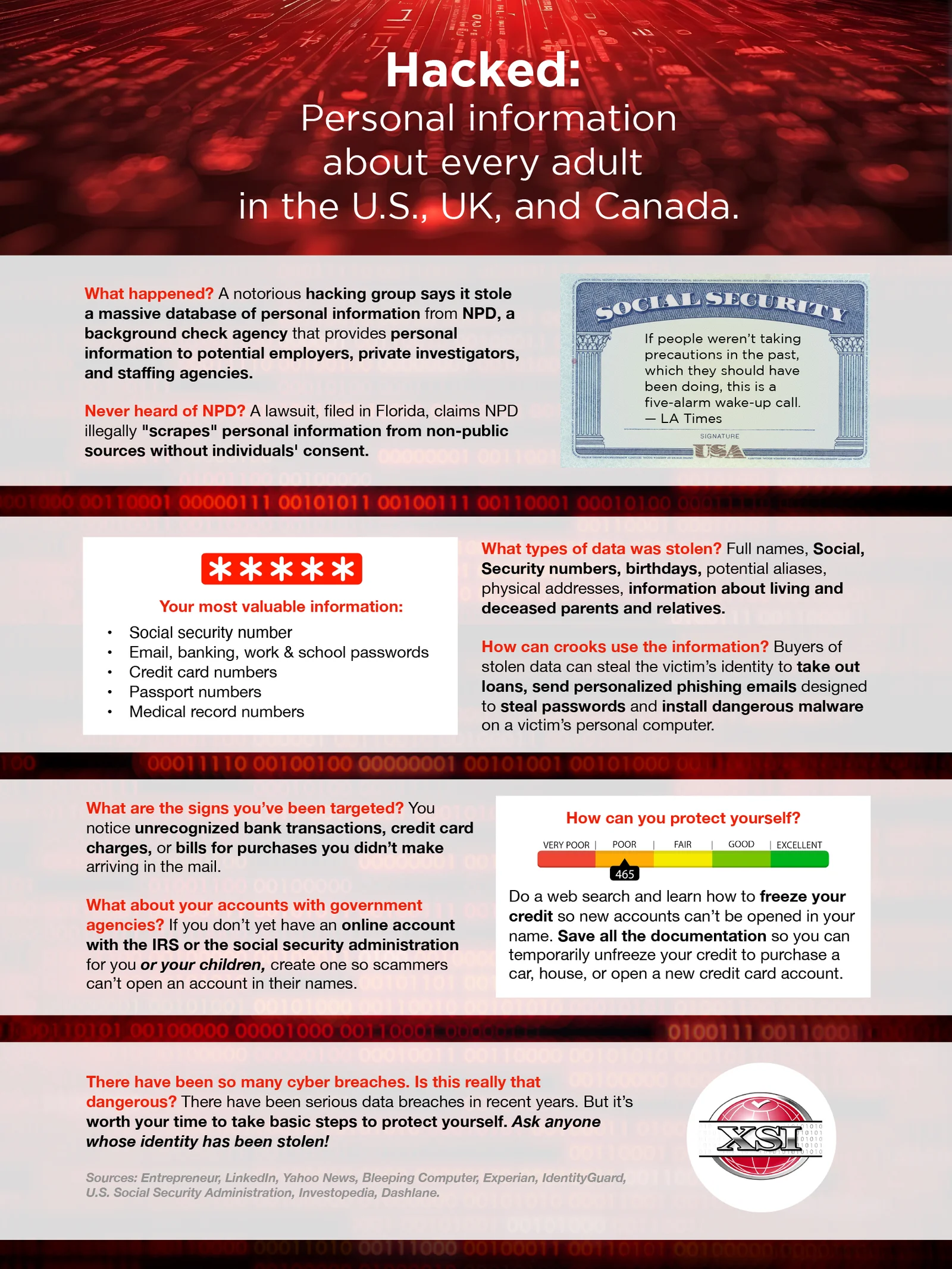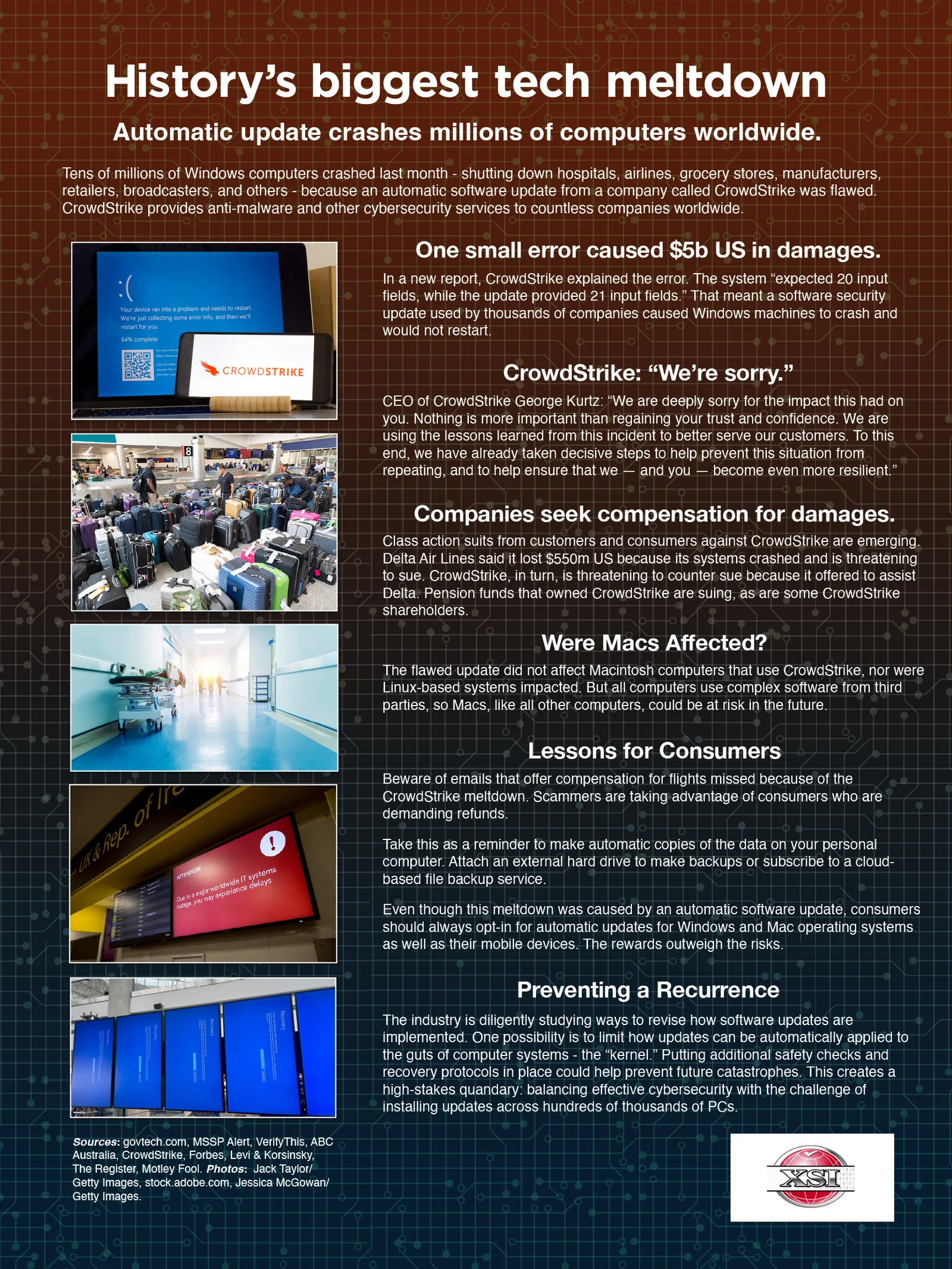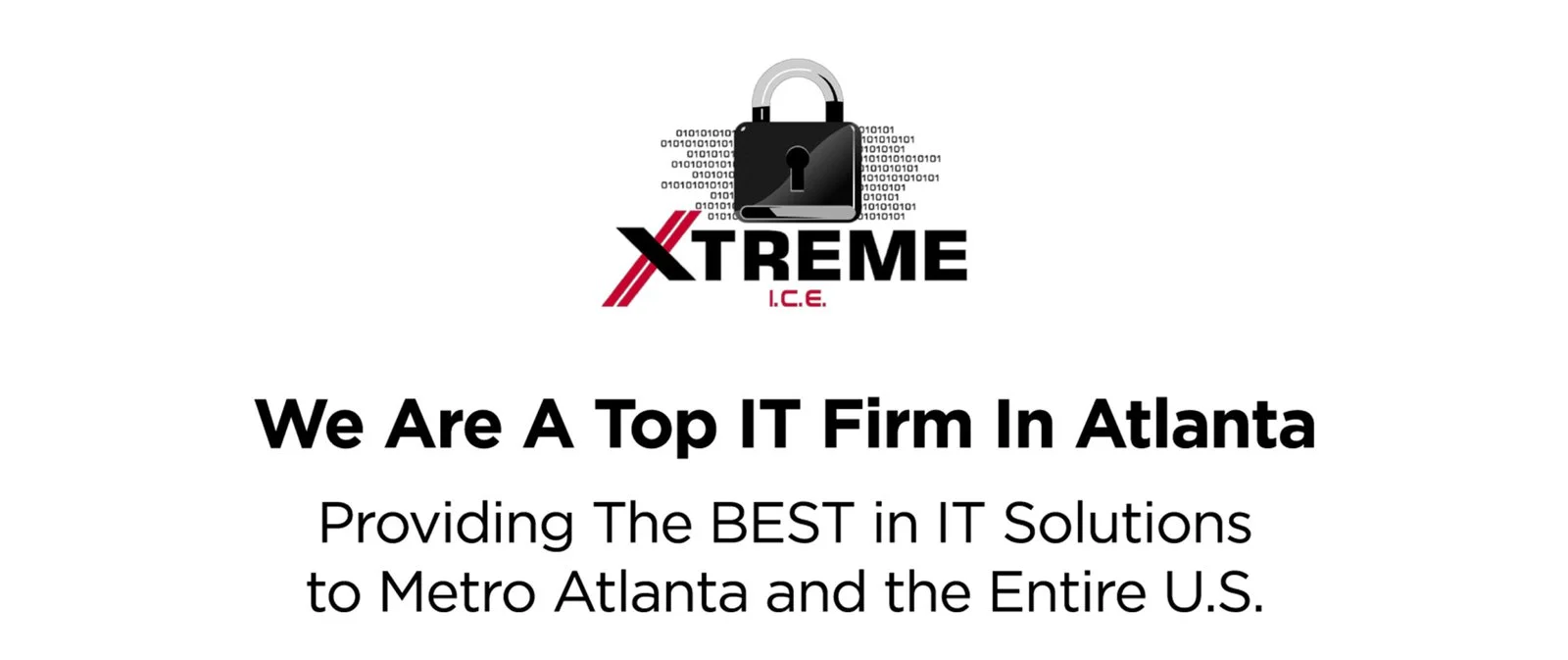
Cybersecurity News You Can Use
TROUBLE IN THE HAPPIEST PLACE ON EARTH: Disney has suffered a significant breach. It happened when one employee installed Slack, Disney’s internal communications app, on an unprotected personal computer. The Wall Street Journal says information about upcoming Disney projects and employee log-in information are included in the first wave of leaked information. Important reminder: never install your employer’s apps on a personal computer.
START AGAIN: Mac users, when you finish reading this newsletter, quit and relaunch your web browser. Fox News says a dangerous flaw has been discovered in nearly all web browsers, including Chrome, Safari, and Edge. In most cases, relaunching your browser will automatically update it.
SEARCH ENGINE ADS AREN’T ALWAYS SAFE: Beware of Google ads promoting “Authenticator” apps. An authenticator app offers an additional layer of security when someone tries to log in to a site. However, the Cyber Security Hub says ads appearing in Google search listings sometimes take users to scammers’ versions of authenticator apps. When installed on a computer, these apps share personal information with scammers. The lesson: only download Authenticator apps from an official app store.


Phish of the Week
Microsoft was impacted by the CrowdStrike tech meltdown described above,
resulting in phishing attacks from scammers who claim to be Microsoft.
Here’s an example: as a user surfs the web, a pop-up alert with an ominous warning suddenly appears.
Click to watch the scam.
The warning is not actually from Microsoft, and the computer has not been infected with a virus.
A victim who calls and follows instructions could inadvertently share personal information with the scammer and lose money.
If you’re ever confronted with this screen, just quit and relaunch your browser.
It’s also wise to have anti-virus software running on your personal Windows or Mac computer.

One more thing...
Frustrated with passwords? You’ll identify with this.
Click to watch.
mohankarthik821 via Instagram
Answers to Your
Cybersecurity Questions
“Recently, when I tried to sign into my Facebook account, a pop-up message appeared in Vietnamese and said, ‘click here to change the language to English.’ I entered my phone number, and they sent a code to my phone, which I entered. It then locked out of my Facebook account.” — I. Gallen
If you can’t log in to your Facebook account, use the Facebook account recovery page to recover your account. You will be asked to enter the email or phone number that is associated with your account. Then change your Facebook password to a new one that is at least 15 characters long and difficult to guess. Visit the “Settings and Privacy” section > then Security and Login, and log out of any devices on the list you don’t recognize. Finally, visit the Facebook help center and tell them what happened.
“When I do a web search for my cell number, it brings up someone else’s name. How do I get that corrected?”— Darrell B.
Contact your mobile carrier and make sure your number is correctly linked to your name. You can also check the accuracy of your listing as it appears on the two biggest online directories, Whitepages and Spokeo. The process for correcting a listing on either site is cumbersome. In fact, we found the contact number on Whitepages’ website didn’t have enough digits to work.
Original content © 2024 Aware Force LLC
